Home> Company News> How do I know if my ball joints or wheel bearings are bad?
- AddressToh Guan Centre, 31/F,69 Toh Guan Rd E, Singapore 608609
- Factory AddressToh Guan Centre, 31/F,69 Toh Guan Rd E, Singapore 608609
- Worktime9:00-18:00
- Phone(Working Time)0065-31591578
- Phone(Nonworking Time)0065-31591578
- Fax0065-31591339
How do I know if my ball joints or wheel bearings are bad?
2022-09-19 10:30:14Ball joints and wheel bearings are two different parts. Ball joints connect the control arms to the frame. The control arm is a metal rod that acts as a pivot point for the wheel, allowing it to turn and move up and down.
Ball joints are also known as "tie rod ends." They connect the steering knuckle to the suspension system.
The outer end of a ball joint may have a spherical bearing surface that allows it to rotate smoothly when you turn your wheels.
Wheel bearings allow wheels to spin freely while supporting the weight of your vehicle. They play an important role in safety because they allow tires to turn freely without binding or losing traction when you drive over bumps in the road or at high speeds.
Steering wheel vibration
If your steering wheel vibrates when you are driving, it could be a sign that the ball joints or wheel bearings need to be replaced.
The ball joints connect the lower control arm to the steering knuckle, allowing for movement of the wheels. When this joint wears out, it can cause wear and tear on other parts of your vehicle such as the tires and even cause damage to internal components like struts and shocks.
To test for worn out ball joints, take your foot off of the brake pedal and turn your wheels from left to right (or vice versa). If you feel any shuddering or grinding noises from inside the vehicle while turning, then you may need to replace your ball joints.
If your vehicle's front end is making a clicking or popping sound when you turn corners, then it may be time to replace your wheel bearings. Wheel bearings are small spindles that allow each wheel to rotate freely so that they do not bind up while turning corners.
Wheel bearing making noise
The most common cause of wheel bearing making noise is a loose or worn out wheel bearing and/or hub assembly. The wheel bearing is the metal part that the axle slides through, and the hub is the part that holds the wheel bearings. If either one of these parts is worn out or loose, then it will cause excessive friction on your vehicle's drive train and cause a lot of noise.
Another common cause for wheel bearings to make noise is because they're bad. All vehicles have two front wheels and two rear wheels, so all four of these wheels will have at least one wheel bearing on them. If one of these wheel bearings fails, then it will create an awful grinding noise when you are turning or braking hard. This can be very dangerous if you are driving at high speeds when this happens! You must get this fixed immediately before something bad happens!
If you hear any unusual noises coming from underneath your vehicle while you are driving or when you are parked with your engine running, then it's time to check your wheel bearings right away! These noises can be caused by loose suspension parts or other things as well, but they usually sound like loud grinding noises coming from underneath your car or truck.
Uneven tire wear
If the vehicle has a vibration or rough ride, the first place to check is the tires. A tire that is out of balance will cause a vibration in the steering wheel when driving at certain speeds. The vibration should go away when you stop, but it may come back again after driving for a few minutes. If you have this problem, you need to have your tires balanced. This can be done at an auto parts store or tire shop for about $5 per tire.
If your vehicle has a vibration that does not go away when you stop, it could be caused by bad ball joints or wheel bearings. Ball joints connect the wheels to the suspension and help keep the wheels in line with each other and with the frame of the vehicle. If they are worn out, if one side has more play than another side, or if there is too much movement in them when turning corners, then they should be replaced as soon as possible.
Vehicle pulled to one side
If your vehicle pulls to one side, it may be your front wheel bearing or front ball joint. This is a common problem with vehicles that are driven on rough roads. It can also occur following an accident.
A vehicle that pulls to one side can be very dangerous and should be inspected immediately by an experienced mechanic. Front wheel bearings are located in the hub of each wheel and allow the tire to rotate freely as you drive down the road. The inner and outer races of the bearing support this rotation. If any one of these fails, it will cause your vehicle to pull to one side as it travels down the road.
The same type of problem can occur with front ball joints but they are located on each end of a control arm instead of inside the hub like the bearings. A worn ball joint can cause excessive movement between the control arm and its mounting point on top of the spindle which results in poor steering response and poor handling characteristics when turning corners or making quick lane changes at speeds greater than 35 mph (56 km/h).
Cause steering loose
There are many reasons why your vehicle may be loose. The most common problems are the ball joints and wheel bearings.
Ball joints are mounted to the control arms on each side of the front suspension and allow the wheels to move up and down, but not side-to-side. The outer tie rod end connects the steering knuckle (where the spindle is attached) to the steering arm on each side of the axle. If these components wear out or break, it can cause looseness in your steering system.
Wheel bearings help support your vehicle's wheels by allowing them to rotate freely while supporting their weight. Wheel bearings have a cone-shaped outer race that fits into a tapered bore in the hub assembly. They also have an inner race with rollers that ride against the axle assembly shafts for support and rotation. If you hear a grinding sound when turning at low speeds, it may mean your wheel bearings need replacement.
Ball joints and wheel bearings are important parts of the car.
They help with suspension, steering, and suspension. If they get damaged or worn out, your car will make loud noises when you turn or stop.
The ball joint is an important part that connects the steering knuckle to the upper control arm of your vehicle. They allow for easy movement of the control arms while keeping them in place during turns. They also help with suspension by keeping the wheels in place so that they don't fall off or get damaged during rough rides.
Wheel bearings are another important part on your vehicle's suspension system. These bearings allow for smooth turning of your wheels so that it doesn't feel like you're driving on cobblestone roads all day long!
If as you drive over bumps or up hills that your car pulls to one side or the other, then you will want to check your ball joints and wheel bearings. When this happens it is usually due to wear and tear on those two parts.
Mud pump bearings Turntable bearings Agricultural bearings Angular Contact Bearings Duplex Angular Contact Bearings Industrial bearings Iron and steel industry bearings Power transmission bearing Hydrostatic centripetal bearing Ball Thrust Bearings Papermaking Machinery bearings Agricultural machinery bearing McGILL bearing Rexroth pump assay Komatsu motor parts BOSCH Fuel injector Hitachi excavator parts Axial Piston Pumps Sauer Danfoss pump Eaton pump parts Nachi pump assay Linde pump Mining Construction Ball Bearings Linear Bearings vane pumps gear pumps inc piston pumps Thin-Section Ball Bearings Adapter Sleeves pressure valves gear reducer relief valves Mcgill Bearing Die & Mold Plain-Bearing Bushings FAG Bearing Singapore SKF bearing Accessories SKF bearing Housing SKF bearing shaft seals SKF Bearing units Bearing Distributors Inventory Oilfield mud pump bearings Heavy-Duty Shaker Screen Spherical Double row double row tapered roller bearings (inch series) Multi-Row Roller Bearings NTN Four Row Cylindrical Roller Bearings NTN SL Type Cylindrical Roller Bearings NTN SL Type Cylindrical Roller Bearings for Sheaves NTN Single Row Tapered Roller Bearings NTN Double Row Tapered Roller Bearings NTN Four Row Tapered Roller Bearings NTN Spherical Roller Bearings NTN Thrust Bearings NTN Bearings for special applications NTN DOUBLE-ROW CYLINDRICAL ROLLER BEARINGS NSK FULL-COMPLEMENT CYLINDRICAL ROLLER BEARINGS NSK SINGLE-ROW TAPERED ROLLER BEARINGS NSK YUKEN Piston pump DOUBLE-ROW TAPERED ROLLER BEARINGS NSK SPHERICAL ROLLER BEARINGS NSK SINGLE-DIRECTION THRUST BALL BEARINGS NSK CYLINDRICAL ROLLER THRUST BEARINGS NSK TAPERED ROLLER THRUST BEARINGS NSK SPHERICAL THRUST ROLLER BEARINGS NSK ROLLING BEARINGS FOR STEEL MILLS NSK SEALED-CLEAN FOUR-ROW TAPERED ROLLER BEARINGS NSK FOUR-ROW CYLINDRICAL ROLLER BEARINGS NSK DOUBLE-ROW TAPERED ROLLER BEARINGS NSK Roll Bearings for Mills NSK Ball Bearings NSK TAPERED ROLLER THRUST BEARINGS For Adjusting Screws NSK Thin Section Bearings Kaydon Double row double row tapered roller bearings (inch series) Double direction thrust tapered roller bearings Full complement Tapered roller Thrust bearing Thrust cylindrical roller bearings Thrust spherical roller bearings Sealed Four Row Tapered Roller Bearings Four row tapered roller bearings Double outer double row tapered roller bearings TDO double-row tapered roller bearings Single row tapered roller bearings inch Double inner double row tapered roller bearings TDI Double inner double row tapered roller bearings inch Spherical roller bearing Four row cylindrical roller bearings Single row cylindrical roller bearings Full row of cylindrical roller bearings Double row cylindrical roller bearings Double row full complement cylindrical roller bearings Four point contact ball bearings Double row angular contact ball bearings Deep groove ball bearings ANGULAR CONTACT THRUST BALL BEARINGS TYPE TVL DTVL angular contact thrust ball bearing. TP thrust cylindrical roller bearing TPS thrust cylindrical roller bearing THRUST SPHERICAL ROLLER BEARINGS TYPES TSR-EJ AND TSR-EM TTHD THRUST TAPERED ROLLER BEARINGS TTHDFL thrust tapered roller bearing TTHDFLSA THRUST TAPERED ROLLER BEARINGS THRUST TAPERED ROLLER BEARINGS TYPES TTSP, TTSPS AND TTSPL THRUST TAPERED ROLLER BEARINGS – TYPES TTC, TTCS AND TTCL SCREWDOWN BEARINGS – TYPES TTHDSX/SV AND TTHDFLSX/SV THRUST TAPERED ROLLER BEARING TYPES TTDWK AND TTDFLK CROSSED ROLLER BEARINGS TXR Tapered Roller bearings double-row • Type TDO Tapered Roller bearings double-row TDI TDIT Tapered Roller Bearings double-row TNA Tapered Roller Bearings double-row TNASWE Tapered Roller Bearings double-row Spacer assemblies TTVS TTSP TTC TTCS TTCL tapered roller thrust BEARINGS Heavy-Duty Shaker Screen Spherical Roller Bearings Timken SPHERICAL ROLLER BEARINGS CYLINDRICAL ROLLER BEARINGS ONE-ROW METRIC ISO SERIES CYLINDRICAL ROLLER BEARINGS one-row STANDARD SERIES CYLINDRICAL ROLLER BEARINGS FULL-COMPLEMENT NCF CYLINDRICAL ROLLER BEARINGS TWO-Row Four-Row Cylindrical Roller Bearings CYLINDRICAL ROLLER BEARINGS HJ SERIES CYLINDRICAL ROLLER BEARINGS 5200 A5200 metric series HeavY-duty needle roller bearings four-row cylindrical roller Bearing assembly four-row cylindrical roller Bearing inner ring Outer assembly four-row tapered roller Bearings • tQow – 2tdiw Timken Sealed roll neck Bearings four-row tapErEd rollEr BEaringS tQitS TnasWH TWo-roW TaPered roller bearings TdiT TnaT two-row tapErEd rollEr BEaringS tdik THrusT TaPered roller bearings TTdFlk, TTdW and TTdk bearings screwdown systems thrust tapered rollEr Bearings Thrust spherical roller bearing Mud pump bearings TOKYO-KEIKI piston pump TOKYO-KEIKI vane pump DAIKIN piston pump DAIKIN vane pump DAIKIN Rotor pump VICKERS Piston pump Vickers vane pump VICKERS gear pump NACHI gear pump NACHI piston pump Rexroth A1VO Rexroth A10VSO Rexroth AA4VSO Rexroth A15VSO Rexroth AZPF parker PV piston pump parker PVP piston pump parker PAVC piston pump parker vane pump Multi-Row Roller Bearings NTN Four Row Cylindrical Roller Bearings NTN SL Type Cylindrical Roller Bearings NTN SL Type Cylindrical Roller Bearings for Sheaves NTN Single Row Tapered Roller Bearings NTN Double Row Tapered Roller Bearings NTN Four Row Tapered Roller Bearings NTN Spherical Roller Bearings NTN Thrust Bearings NTN Bearings for special applications NTN DOUBLE-ROW CYLINDRICAL ROLLER BEARINGS NSK FULL-COMPLEMENT CYLINDRICAL ROLLER BEARINGS NSK SINGLE-ROW TAPERED ROLLER BEARINGS NSK YUKEN Piston pump DOUBLE-ROW TAPERED ROLLER BEARINGS NSK SPHERICAL ROLLER BEARINGS NSK SINGLE-DIRECTION THRUST BALL BEARINGS NSK CYLINDRICAL ROLLER THRUST BEARINGS NSK TAPERED ROLLER THRUST BEARINGS NSK SPHERICAL THRUST ROLLER BEARINGS NSK ROLLING BEARINGS FOR STEEL MILLS NSK SEALED-CLEAN FOUR-ROW TAPERED ROLLER BEARINGS NSK FOUR-ROW CYLINDRICAL ROLLER BEARINGS NSK DOUBLE-ROW TAPERED ROLLER BEARINGS NSK Roll Bearings for Mills NSK CROSSED-ROLLER BEARINGS NSK Ball Bearings NSK TAPERED ROLLER THRUST BEARINGS For Adjusting Screws NSK Roller Bearings NSK Thin Section Bearings Kaydon Double row double row tapered roller bearings (inch series) Double direction thrust tapered roller bearings Full complement Tapered roller Thrust bearing Thrust cylindrical roller bearings Thrust spherical roller bearings Sealed Four Row Tapered Roller Bearings Four row tapered roller bearings Double outer double row tapered roller bearings TDO double-row tapered roller bearings Single row tapered roller bearings inch Double inner double row tapered roller bearings TDI Single row tapered roller bearings Double inner double row tapered roller bearings inch Split spherical roller bearings Spherical roller bearing Four row cylindrical roller bearings Single row cylindrical roller bearings Full row of cylindrical roller bearings Double row cylindrical roller bearings Double row full complement cylindrical roller bearings Four point contact ball bearings Double row angular contact ball bearings Deep groove ball bearings ANGULAR CONTACT THRUST BALL BEARINGS TYPE TVL DTVL angular contact thrust ball bearing. TP thrust cylindrical roller bearing TPS thrust cylindrical roller bearing THRUST SPHERICAL ROLLER BEARINGS TYPES TSR-EJ AND TSR-EM TTHD THRUST TAPERED ROLLER BEARINGS TTHDFL thrust tapered roller bearing TTHDFLSA THRUST TAPERED ROLLER BEARINGS THRUST TAPERED ROLLER BEARINGS TYPES TTSP, TTSPS AND TTSPL THRUST TAPERED ROLLER BEARINGS – TYPES TTC, TTCS AND TTCL SCREWDOWN BEARINGS – TYPES TTHDSX/SV AND TTHDFLSX/SV THRUST TAPERED ROLLER BEARING TYPES TTDWK AND TTDFLK CROSSED ROLLER BEARINGS TXR Tapered Roller bearings double-row • Type TDO Tapered Roller bearings double-row TDI TDIT Tapered Roller Bearings double-row Spacer assemblies TTVS TTSP TTC TTCS TTCL tapered roller thrust BEARINGS Heavy-Duty Shaker Screen Spherical Roller Bearings Timken SPHERICAL ROLLER BEARINGS CYLINDRICAL ROLLER BEARINGS ONE-ROW METRIC ISO SERIES CYLINDRICAL ROLLER BEARINGS one-row STANDARD SERIES CYLINDRICAL ROLLER BEARINGS FULL-COMPLEMENT NCF CYLINDRICAL ROLLER BEARINGS TWO-Row Four-Row Cylindrical Roller Bearings CYLINDRICAL ROLLER BEARINGS HJ SERIES CYLINDRICAL ROLLER BEARINGS 5200 A5200 metric series HeavY-duty needle roller bearings four-row cylindrical roller Bearing assembly four-row cylindrical roller Bearing inner ring Outer assembly Timken Sealed roll neck Bearings four-row tapErEd rollEr BEaringS tQitS TnasWH TWo-roW TaPered roller bearings TdiT TnaT two-row tapErEd rollEr BEaringS tdik THrusT TaPered roller bearings TTdFlk, TTdW and TTdk bearings screwdown systems thrust tapered rollEr Bearings Thrust spherical roller bearing Mud pump bearings TOKYO-KEIKI piston pump TOKYO-KEIKI vane pump YUKEN vane pump DAIKIN piston pump DAIKIN vane pump DAIKIN Rotor pump VICKERS Piston pump Vickers vane pump VICKERS gear pump NACHI gear pump NACHI piston pump Rexroth A1VO Rexroth A10VSO Rexroth AA4VSO Rexroth A15VSO Rexroth AZPF parker PV piston pump parker PVP piston pump parker PAVC piston pump Main pump

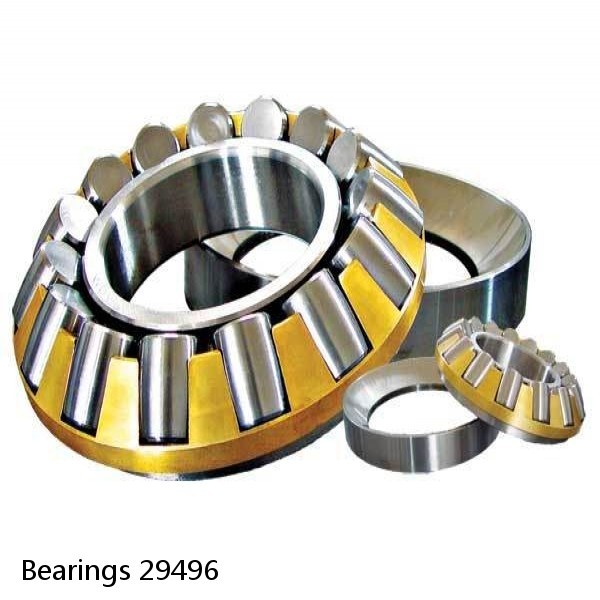 Bearings 29496
Bearings 29496 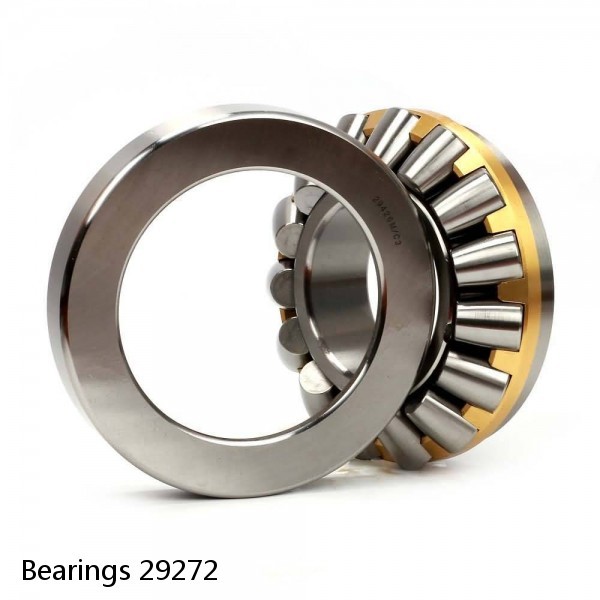 Bearings 29272
Bearings 29272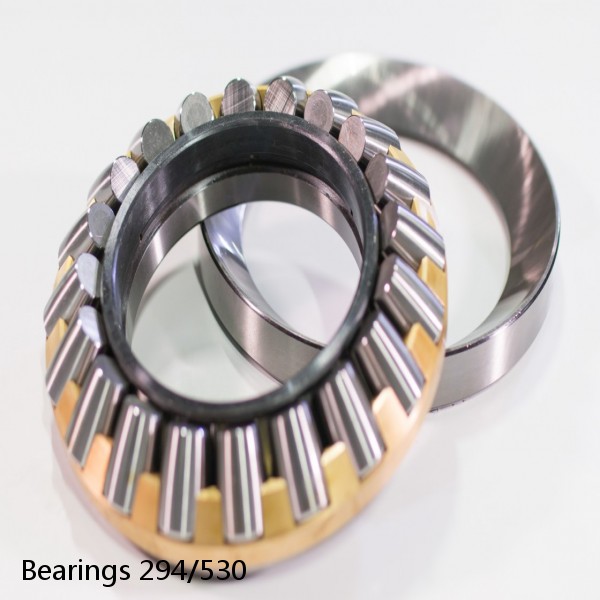 Bearings 294/530
Bearings 294/530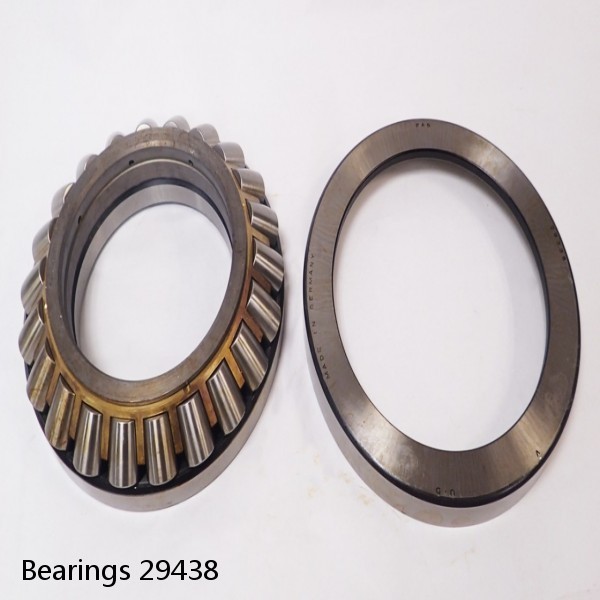 Bearings 29438
Bearings 29438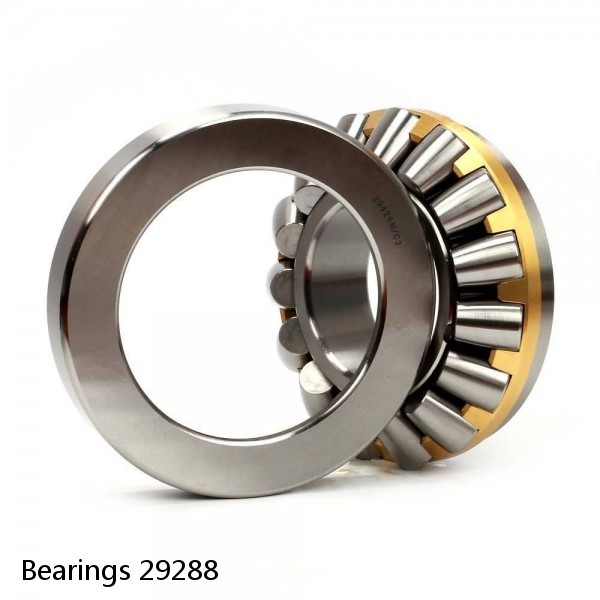 Bearings 29288
Bearings 29288